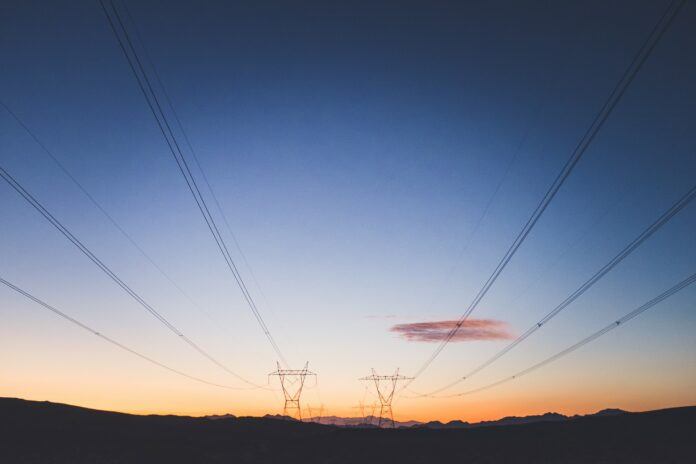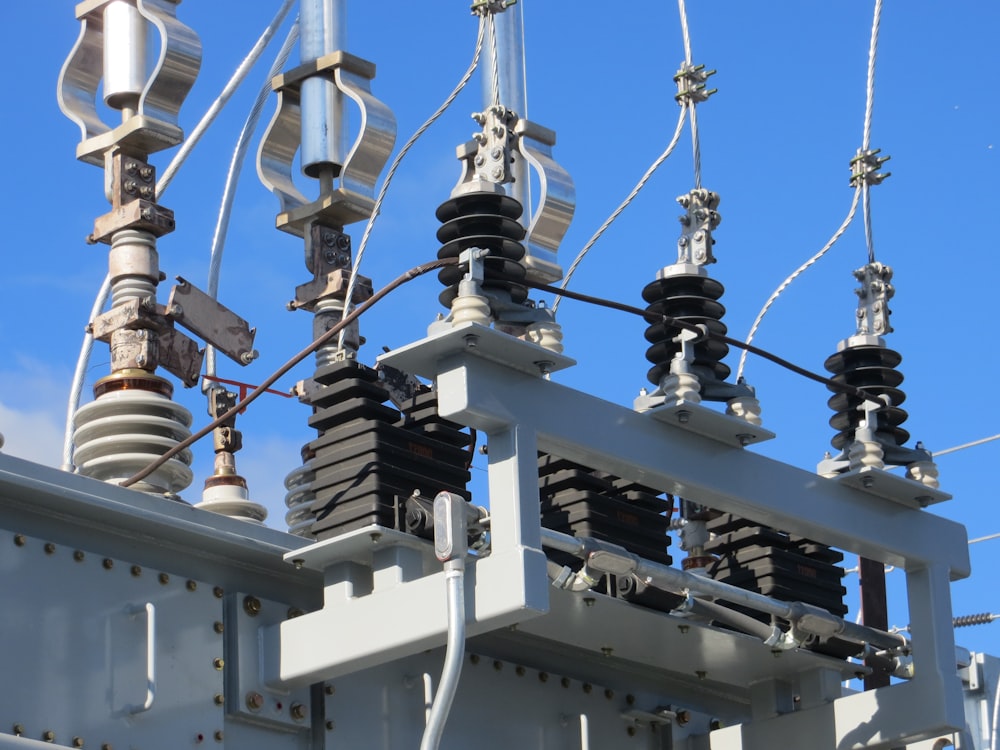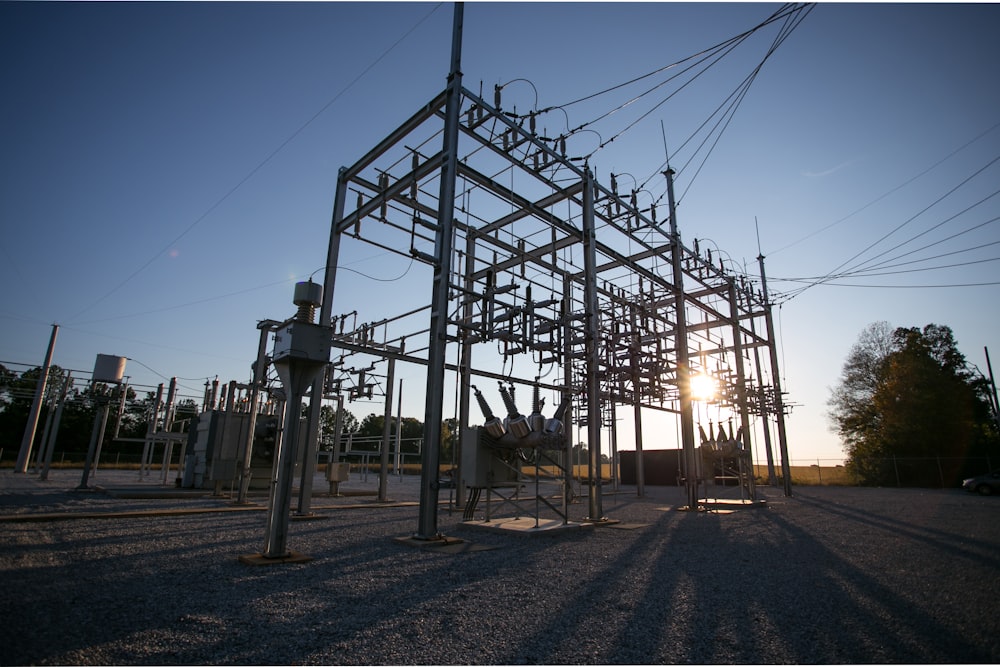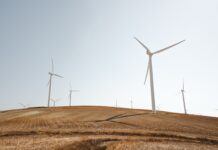How is energy saving? For this, it is best to consider the most important parameters: heating, hot water, and ventilation. If you choose efficient systems and devices, you will take a big step towards the environment, reduce energy consumption and thus save money. We have collected the most important tips and advice. Energy Saving is an important topic that is becoming more and more important. And it applies to everyone because those who use energy efficiently can save money and contribute to a better climate at the same time. The company’s energy-saving possibilities are diverse. Even the little things have an impact, but it’s best to identify your biggest energy consumers.
Reduce Energy Consumption With Heat Pumps
In the cold season, space heating is a must. Oil, gas, or pellet heating consumes a lot of energy to get the job done. Additionally, they produce harmful CO 2. Heat pumps are a clever alternative, which uses free environmental energy – from the air, groundwater, or geothermal energy – to generate heat. The fact that some models can extract up to five parts of heat from one part of electricity shows that the program saves energy. This way you can reduce your heating costs.
Save Energy Efficiently With The Ventilation System
Fresh air in the house is important to keep residents healthy. However, conventional window ventilation consumes a lot of energy. Particularly well-insulated passive houses require air exchange. Energy-saving solution: commissioning a ventilation system that will ensure energy-efficient air exchange.
Produce Electricity Yourself For More Independence
Energy consumption is usually a factor that can use up a lot of energy. Therefore, it makes sense to compare electricity suppliers’ tariffs to find the best deal. The best way of all is if you, as the homeowner, generate your own electricity. This works by means of a photovoltaic system on the roof that converts sunlight into electricity. In everyday life, this also helps to save energy and the home budget: turning off the appliances completely. For example, leaving a TV set on standby costs a lot! A connection strip with a switch is useful.
Put A Lot Of Emphasis On Insulating Your Home
The house should be insulated as much as possible. Because it means thermal protection and losses are minimized. The use of additional materials and building envelopes, insulating glazing, thermal insulation of the facade, basement, and roof covering as well as the use of ventilation with heat recovery significantly reduces the heat demand of the building. As a result, up to 40% energy saving can be achieved. But: the better the insulation, the more important a good air exchange
A Heat Pump Or Solar Energy For Hot Water
Shower, rinse, wash hands: nothing happens at home without hot water. Of course, water heating costs energy. This consumption can be minimized by using the heat pump. Another possibility is solar thermal energy: sunlight is converted into thermal energy thanks to solar collectors on the roof. Since you have access to hot water, you save energy.
Wash Your Clothes Sparingly And Do It Without A Dryer
The washing machine uses a lot of water with each wash. Even newer models use around 50 liters per wash. So the energy consumption is huge. But there are ways to save: Contaminated clothes in combination with modern cleaning products will be clean at a washing temperature of 60 ° C. Higher temperatures consume significantly more electricity. Instead of a dryer, you can dry your laundry in the garden, on the balcony, or in the apartment.








